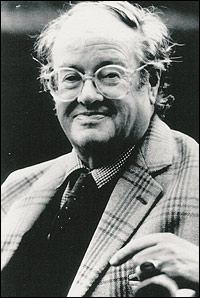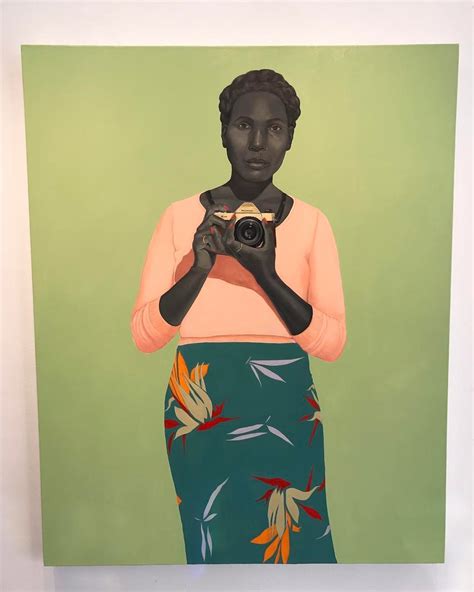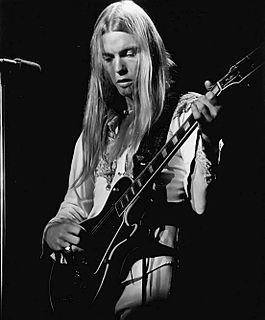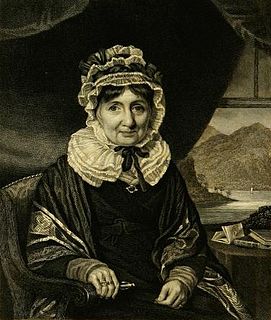A Quote by Marc Forster
Even with my father and brother dying, I didn't quite process the grief.
Related Quotes
Though I technically come from a film family, my father had stopped making films even before my brother and I were born. So I did not really grow up in a filmi environment. And when I was growing up, becoming an actress was still quite a taboo. And you may not believe this, but even my father did not want me to join films.
My family background really only consists of my mother. She was a widow. My father died quite young; he must have been thirty-one. Then there was my twin brother and my sister. We had two aunts as well, my father's sisters. But the immediate family consisted of my mother, my brother, my sister, and me.
I think what I was unconsciously expressing in 'Black Rainbow' was a very abstract and metaphorical grief, in the way I had suppressed my grief about my mother dying. In retrospect I realise I started writing 'Mandy' as a sort of antidote to that, to sort of express those emotions, to purge that grief.
Through the process of specifically writing this memoir, there was so much reckoning that I had to do. It was very difficult. It doesn't erase anything that happened, but I think that it was healthy for me to do it. The teenage self-loathing that I suffered from all of a sudden found itself turned into rapids with my grief after my brother died. I turned it inwards. In the same way that my mom processes her grief and her problems. This project, as a memoir, has helped me funnel it outwards.
I think grief is a huge subject; it's one of the things that everybody is going to confront in one way or another. There's been a lot of books written about how Americans have an odd way of trying to defer grief or minimize the need to grieve. People used to have a lot more ritual grief in their lives. For the most part, we think of it as a strictly temporal process: you grieve for a time and then you're over [it], but it's also a spatial process. It travels across a map.
Grief is real because loss is real. Each grief has its own imprint, as distinctive and as unique as the person we lost. The pain of loss is so intense, so heartbreaking, because in loving we deeply connect with another human being, and grief is the reflection of the connection that has been lost. We think we want to avoid the grief, but really it is the pain of the loss we want to avoid. Grief is the healing process that ultimately brings us comfort in our pain.






































